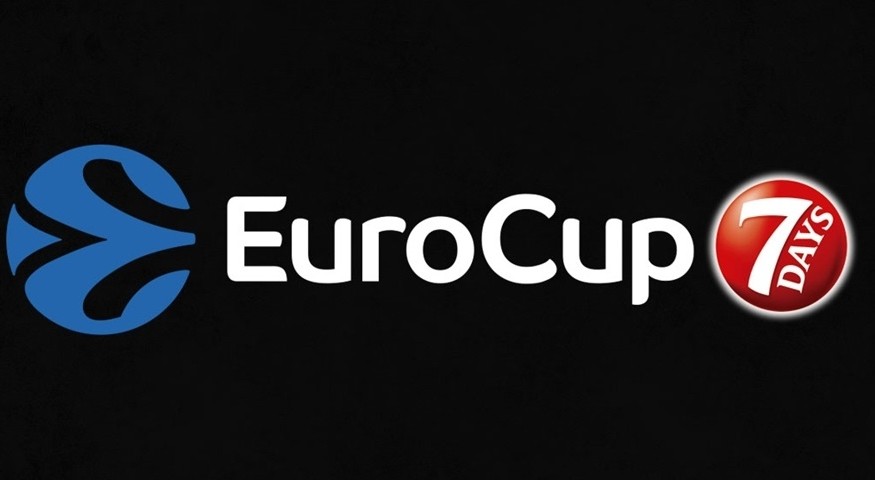Compartir esta publicación
El Unicaja será cabeza de serie de la próxima edición de la Eurocup 20/21. Los malagueños compartirán bombo vip con Promitheas Patras, Unics Kazan y Lokomotiv Kuban Krasnodar.
El sorteo se celebrará el 10 de julio en Barcelona y será retransmitido en el canal de youtube de la organización.
GRUPOS
| SEED 1 |
| Promitheas Patras |
| Unicaja Malaga |
| UNICS Kazan |
| Lokomotiv Kuban Krasnodar |
| SEED 2 |
| Buducnost VOLI Podgorica |
| MoraBanc Andorra |
| Herbalife Gran Canaria |
| Joventut Badalona |
| SEED 3 |
| Maccabi Rishon LeZion |
| Lietkabelis Panevezys |
| Partizan NIS Belgrade |
| Dolomiti Energia Trento |
| SEED 4 |
| Cedevita Olimpija Ljubljana |
| Virtus Segafredo Bologna |
| Umana Reyer Venice |
| Germani Brescia |
| SEED 5 |
| AS Monaco |
| Frutti Extra Bursaspor |
| Bahcesehir Koleji Istanbul |
| ratiopharm Ulm |
| SEED 6 |
| Nanterre 92 |
| Boulogne Metropolitans 92 |
| JL Bourg |
| Telenet Giants Antwerp |
Con el Unicaja como cabeza de serie de la Eurocup, los otros tres clubes españoles participantes, Joventut, Andorra y Gran Canaria, compartirán el segundo bombo.
El formato de la fase regular será el siguiente: 4 grupos de 6 equipos cada uno en el que se disputarán 10 partidos desde el 30 de septiembre al 16 de diciembre. Los cuatro primeros equipos de cada grupo avanzarán al Top16, con cuatro nuevos grupos de cuatro equipos. Esta segunda fase se iniciará el 30 de diciembre y finalizará el 3 de febrero.
Los dos mejores de cada uno de esos cuatro grupos se clasificarán para los cuartos de final, al mejor de 3. Esto se celebrará del 2 al 10 de marzo. Las semifinales serán del 16 al 24 de marzo. Y el playoff final, del 6 al 10 de abril, también al mejor de 3.


